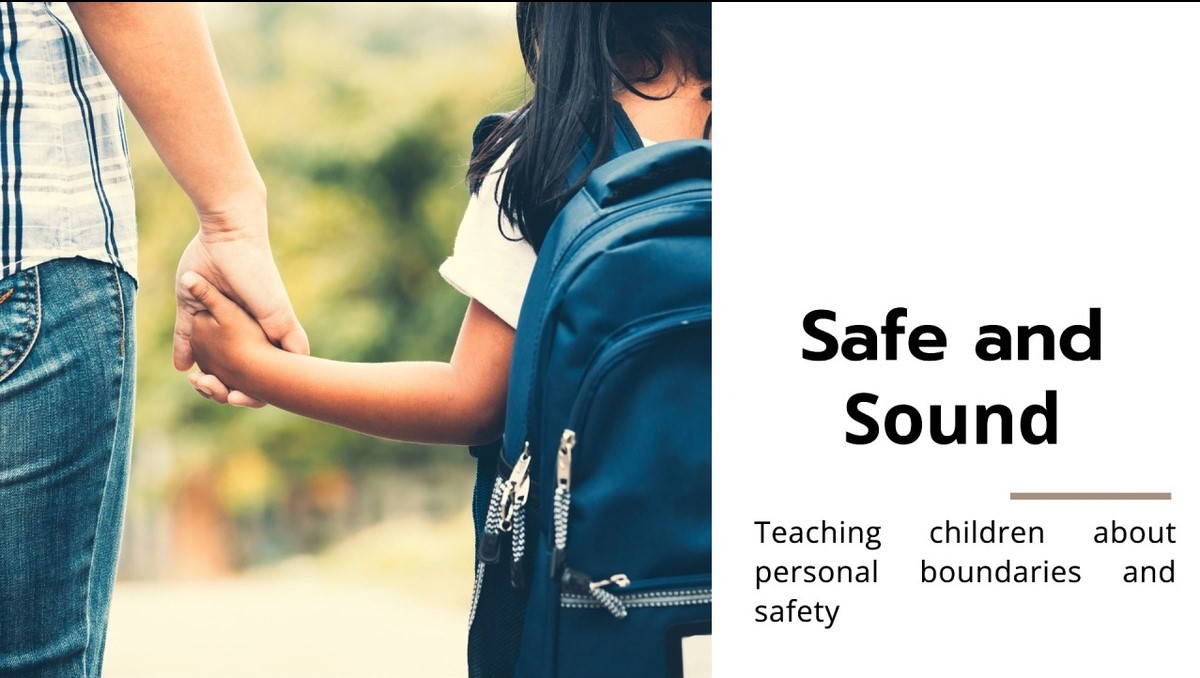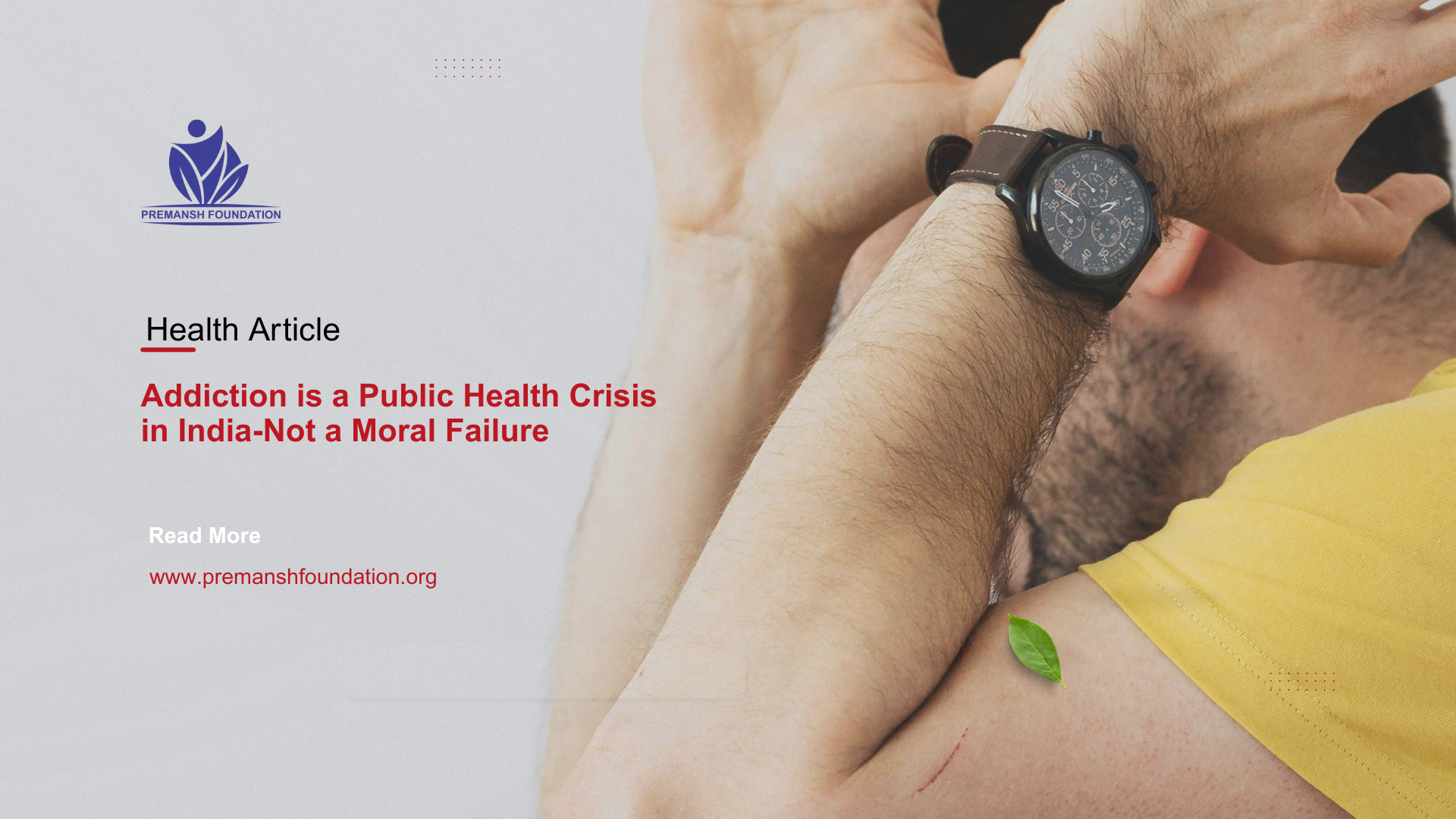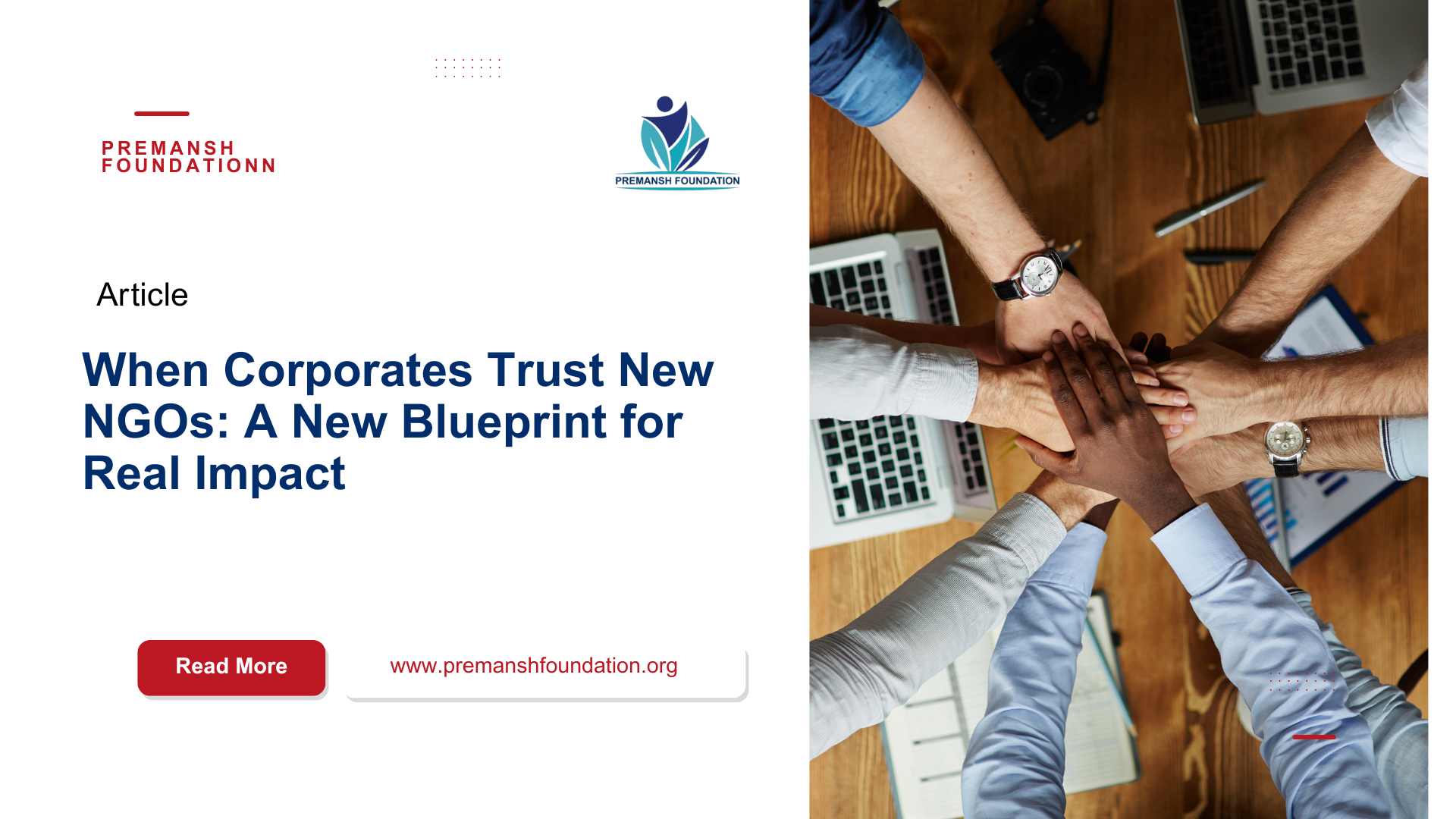CONNECT II COLLABORATE II CREATE IMPACT

Blogs

Empower the Young Minds: Fostering Awareness on Good Touch and Bad Touch in children 15, May, 2024
As the children
embark on their journey to growth and development, they learn new things about
life, it is therefore imperative to educate and empower them with the knowledge
of personal safety. Among the critical learnings, they must be equipped with a
knowledge of good touch and bad touch. It is important to inculcate such
awareness amongst children at an early age so that they remain safe and secure.
However, it’s also important to make them aware about the concept wisely.
Good touch may
include those physical contacts which are comforting, loving, and appropriate.
It includes a few hugs with your dear ones, high-fives with friends, and pats
on the back. This would enable the child to differentiate between positive and
negative experiences in life.
Bad touch, on
the other hand, shall include contact that makes you feel uncomfortable,
invasive, or inappropriate. It includes such things as unwelcome hugs, touching
the private body parts of kids, or any action intended to cause discomfort or
distress. By educating the children on the bad touch, we empower them to stand
firm against it and call for help when they encounter such situations.
In order to
instill the awareness of good touch and bad touch, the first thing is to have
open communications and age-appropriate conversations. This will enable
children to recognize and distinguish between the two, using simple language
and interactive activities. Teaching them about body boundaries and the concept
of personal space will provide a foundation upon which understanding consent
and the notion of respecting others' boundaries can be carried out. Role plays,
scenarios, and storytelling will help to show examples of many situations and
reactions and equip children with how to state their discomfort assertively and
how to seek help from a trusted adult. In addition, encouraging trust and
openness among children enhances their ability to share any discomforting
experience with caregivers or teachers.
Creating a safe
and supportive environment is equally significant in developing children's
understanding of good touch and bad touch. Policies and practices of schools,
community organizations, and childcare facilities promote child safety and
provide avenue through which children can raise their concerns or seek help. In
addition, we must extend empathetic listening to children, acknowledging their
experiences and emotions without any hint of judgment. The
parents/relatives/friends/community around us should be empowered and briefed
about the child rights and further reporting of such cases should be done to
concerned authorities like- child helpline number and child protection
authorities. This will ensure access to confidential support services,
counselling, and legal assistance for children and their families.
In conclusion, helping young children
differentiate good touch from bad touch has a pivotal role to play in the
protection of their wellbeing and in inculcating a culture of respect and
consent from an early age. Open communication, education, and building of
support structures will make children confident, assertive, and safe enough to
move in the world.
Recognizing the
importance of positive touch can foster developing healthy relationships, and
at the same time knowing about the risks that could emanate from inappropriate
touch, we can foster an atmosphere of empowerment, empathy, and resiliency
among young children.
Let's join hands
and be protectors of innocence, committed to establishing spaces in which every
child finds value, honor, and protection from harm.
#childprotection,
#childsecurity, #empowerchildren




